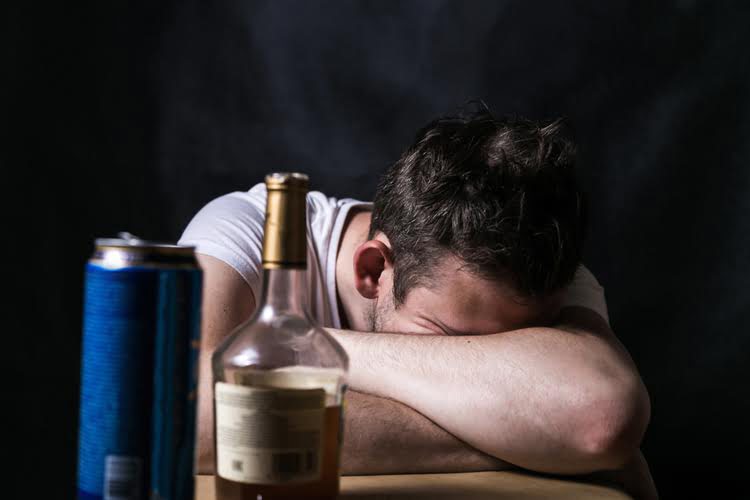Tapering Off Alcohol How To Wean Off Safely
Water, juice, broth, ice pops, and gelatin are good choices for hydration during the early stages of withdrawal. In order to change your drinking habits, your first step is to take a close look at your current behaviors and find patterns. When you consider https://alexeyworld.com/blog/imaginarium.62.aspx how to go about giving up alcohol, account for factors like how much you drink and your reasons for drinking. You might run into obstacles along the way that tempt you to drink. Keep in mind the reasons you chose to cut back on or quit alcohol.
How To Deal With Alcohol Withdrawal

Early symptoms of alcohol withdrawal usually start about six hours after the last drink. Early symptoms include headache, sweating, tremors, vomiting and difficulty concentrating. Expect to feel some discomfort, including http://www.igram.net/index.php?name=Album&file=index&do=showpic&gid=1&pid=124&orderby=hitsD anxiety, sweating or irritability. If you feel more severe symptoms, such as paranoia, increased pulse, or tremors sometimes called alcohol shakes, you should taper more slowly and consider seeking professional help.
Does Alcohol Tapering Work?

Direct tapers are better if you prefer drinks that contain a low percentage of alcohol. You can taper off alcohol if you worry that you https://iselanlari.az/4765-executive-chef.html are developing alcohol addiction. Daily drinking can have serious consequences for a person’s health, both in the short- and long-term.
Minimized Risk of Alcohol Withdrawal Symptoms
- It is characterized by severe nausea, seizures and hallucinations.
- Talk therapy is an important part of treatment for alcohol use disorder, but Dr. Streem says just about anyone who is making a life change, like quitting drinking, can benefit from therapy.
- When you taper your alcohol, you slowly reduce your alcohol intake over time.
- If you are struggling with severe alcohol use or addiction, tapering off alcohol at home may not be a safe option.
- But you can still take control of your drinking with the appropriate support.
Although you may be deterred by entering a treatment program, it’s the safest way to detox from alcohol. Friends and family can provide emotional support, but the reality is they’re not medically trained to know what helps with alcohol withdrawal. For some people, the pain is so bad that they decide to start drinking again. It ends up being a cycle of trying to quit but not being able to because of the withdrawal symptoms. When you enter an inpatient alcohol treatment program, you’re removed from your environment and bad habits. Whichever method you choose, what is most important is to commit to your alcohol tapering schedule, so you can be sure that you have avoided the symptoms of alcohol withdrawal as much as possible.
What Happens to the Body When You Stop Drinking?
In addition, home detox may not be effective, appropriate, or safe. The key point to remember is that’s never safe to self-detox from alcohol at home. People with the highest risk of complications from alcohol withdrawal are those who drink heavily in excess and those who have attempted to self-detox in the past.

Tapering is also a strategy used by people with a substance or alcohol use disorder (AUD). However, improper tapering could lead to relapse, overdose, and severe health consequences. When you quit alcohol cold turkey, you quit drinking completely and suddenly. Tapering off alcohol helps some people start their recovery journeys. It can also be a good idea for people who don’t want to, or can’t, attend any type of full detoxification program. Direct tapering is not recommended for liquor drinkers as it is challenging to measure amounts and can result in binge drinking.
- Depending on how much you drink, tapering off alcohol can take one to several weeks.
- Self-detox is an individualized approach without professional or medical support.
- Unfortunately, your brain may be sensitized to withdrawal due to kindling, which can set you up for unexpectedly severe withdrawal symptoms.
- From there, you may need social support, consistent self-care, and new routines that can help redirect your mind.

